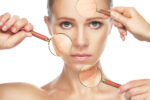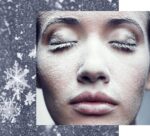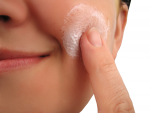-

Aging Optional!
Getting older…inevitable, Aging OPTIONAL! Looking your best at any age can be as simple as setting daily regimen for health skin. As we age, our…
-

Winter Skin Tips
Does the healthy, moist appearance of summer skin disappear in the ‘off season’? Here are my tips for keeping your skin it’s best when the cold…
-

5 Tips to Manage Sensitive Skin
Do you have sensitive skin? More than 1/2 of women in the USA suffer from “sensitive” or “very sensitive” skin conditions according to survey of…